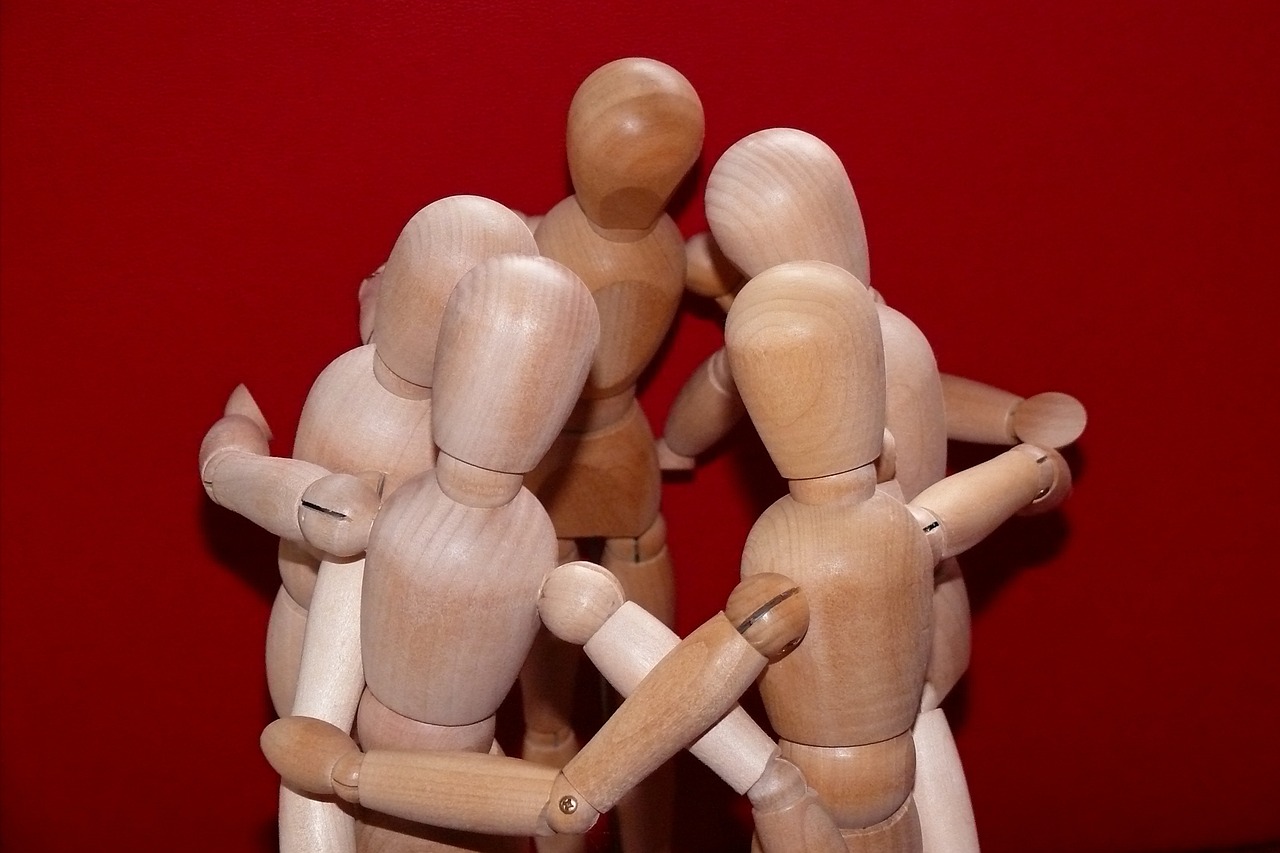What does democracy need to survive and function?

There are many challenges and obstacles to democracy. For example -
• sometimes it is hard for people to compromise and come to agreement;
• powerful elites do not want to give up power;
• discriminatory attitudes and behavior are very hard to change;
and,
• the rights and interests of minorities are easily ignored by the majority.
For this reason, there are some important attitudes and behaviors communities needs to embrace to make democracy possible. The most important of these include:
1. Participation:
Public decisions and the selection of representatives cannot be made democratically if the people do not make efforts to take part in that decision-making. Therefore, citizen participation is an essential element of democracy. This can be seen in practices and institutions such as:
• Respect for civil and political rights
• Elections, parties, civil society organizations
• High voter turn out
2. Free and fair elections:
representatives and leaders need to make important decisions that affect the whole community. Free and fair elections give them the legitimacy they need to make these difficult decisions, in a way that people will accept as fair.
This can be seen in practices and institutions such as:
• Political actors accept the results of elections
• A fair legal framework for elections
• Independent and effective electoral management bodies
3. Representation:
Parliaments and governments need to reflect the communities they are serving. Rules for choosing leaders and representatives should make sure that all the different groups in society are fairly represented according to their numbers. This can be seen in practices and institutions such as:
• An inclusive electoral and political party system
• Anti-discrimination laws
• Affirmative action policies
4. Accountability:
Leaders and representatives are chosen to make decisions on behalf of the people. Therefore, people should have the ability to remove leaders and representatives if they make decisions that most of the people are unhappy with. Leaders and representatives should also be held responsible for any professional mistakes or misconduct that they make. This can be seen in practices and institutions such as:
• Rule of law, separation of powers
• Independent auditing processes
• Strong parliamentary scrutiny powers
5. Transparency:
Unless there is openness about the decisions and actions of representatives and leaders in government, it is impossible for them to be held accountable for wrongdoing or unpopular decisions. Therefore, it is important that information about those decisions and actions are publically available. This can be seen in practices and institutions such as:
• freedom of information laws
• independent media
• political finance regulations
6. Responsiveness:
It is important that leaders and representatives pay close attention to the people’s needs, and make decisions and policies that effectively meet those needs. A responsivegovernment listens to their people and makes decisions that address their needs and concerns. This can be seen in practices and institutions such as:
• public consultation in decision making
• civic engagement and active citizenship
• decentralized local government
7. Pluralism:
While all citizens are equal in a democracy, there will still be difference and there will still be minorities. Pluralism is important in democracy because it means that citizens listen to and respect the different ideas and opinions of others, even if they do not agree with them. This can be seen in practices and institutions such as:
• tolerance and compromise
• civic and human rights education
• respect for civil and political and human rights
8. The rule of law:
Democratic government requires that all citizens are equal before the law. This means that rich and powerful citizens (including leaders) have the same legal rights and responsibilities as poor and powerless ones, and that all citizens should have the same rights to seek justice and be treated fairly.
This can be seen in practices and institutions such as:
• A strong and independent judiciary
• Respect for the law
• Strong laws against corruption and abuse of power.
(Source: Public Participation for Democracy Training Manual Book)